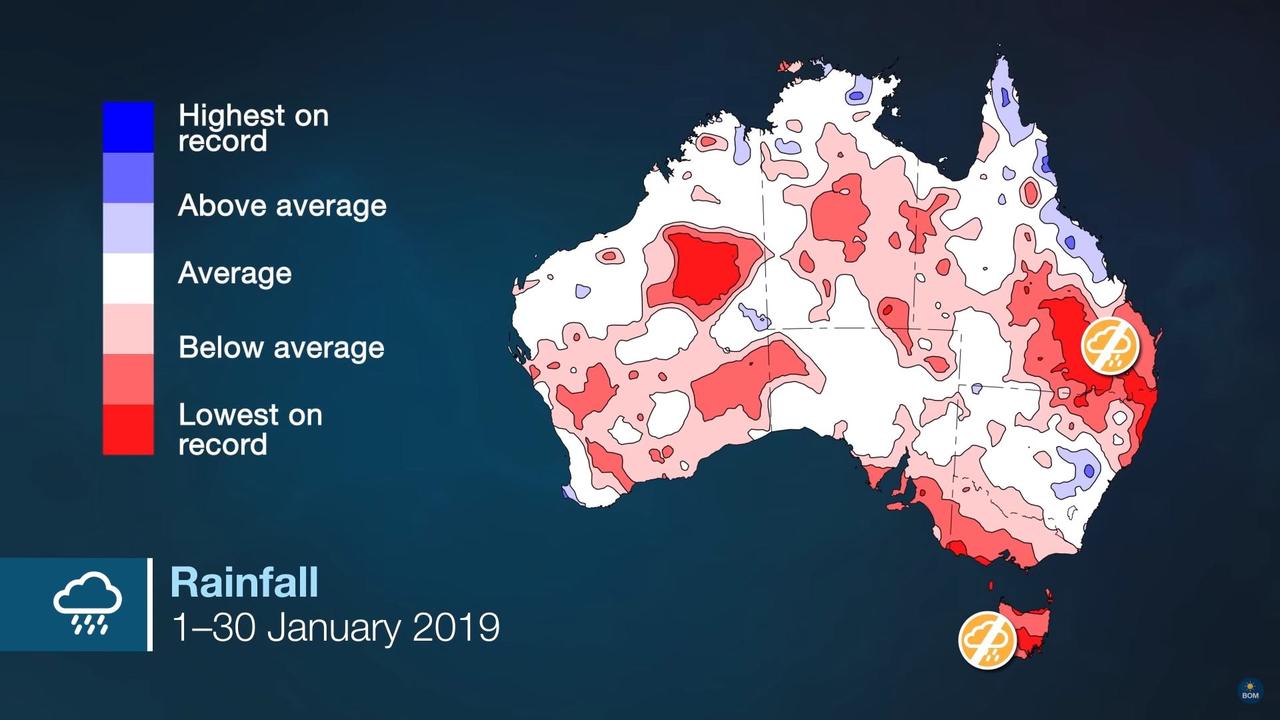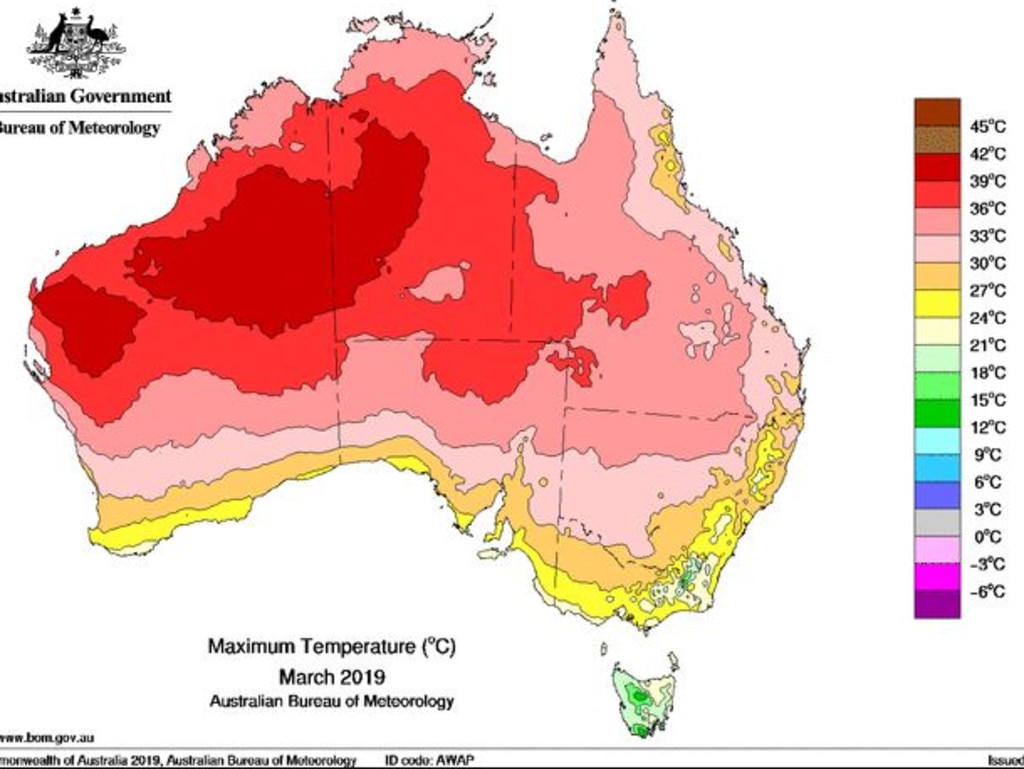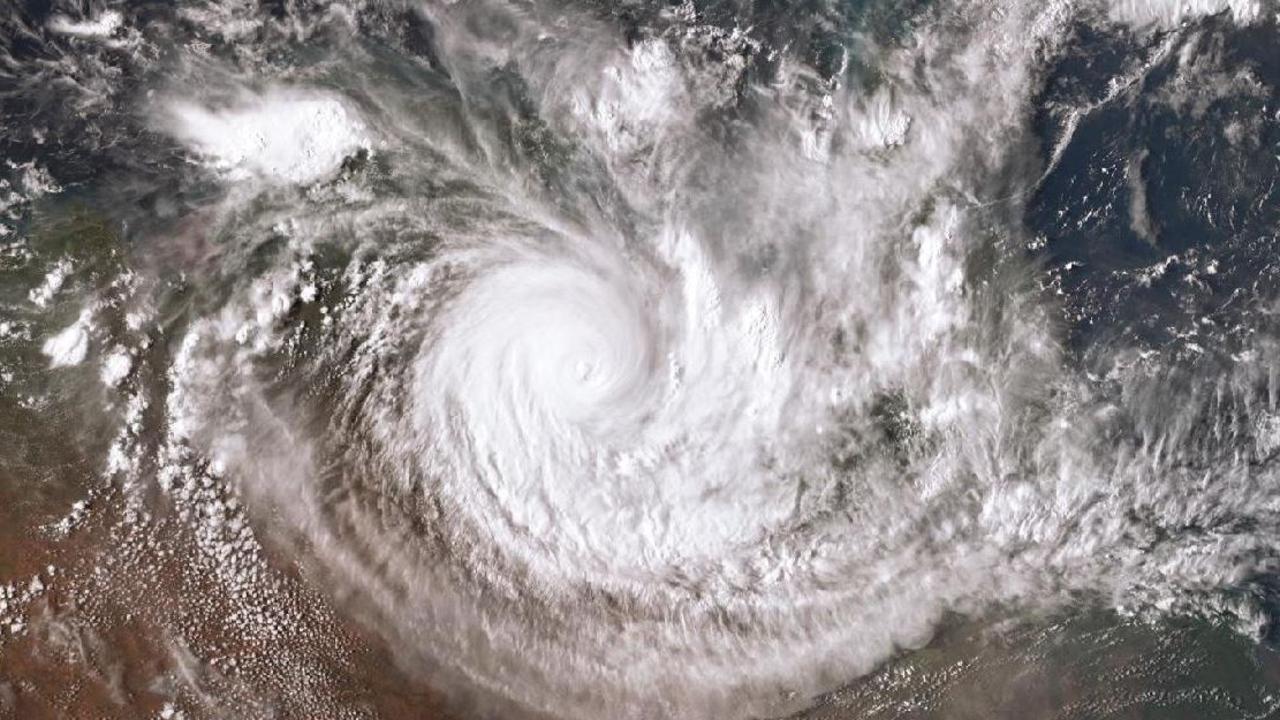Former fire chiefs warn of more catastrophic weather events
We often get alarming warning messages from our emergency services, but this one about the “escalating crisis” they face is coming from the very top.

When a group of experts with more than 600 years of combined experience get together, it’s probably time to listen.
But the message these 23 former fire and emergency chiefs have for Australia is rather alarming.
They have seen “how Australia is experiencing increasingly catastrophic extreme weather events that are putting lives, properties and livelihoods at greater risk and overwhelming our emergency services”.
The driver? Climate change.
“ … driven mainly by the burning of coal, oil and gas, is worsening these extreme
weather events, including hot days, heatwaves, heavy rainfall, coastal flooding and catastrophic bushfire weather,” the group said in a statement aimed at the Federal Government.
“Australia has just experienced a summer of record-breaking heat, prolonged
heatwaves and devastating fires and floods — there should be no doubt in anyone’s mind: climate change is dangerous, and it is affecting all of us now.”

The joint statement released today, with signatories from every state and territory, calls on Prime Minister Scott Morrison to meet with the group, commit to a parliamentary inquiry on the issue, consider the effectiveness of the current situation and properly fund strategic national emergency management resources.
With temperatures more than two degrees above average last month, Australia sweated its way through its most blistering March on record and almost its driest.
The former emergency officials have warned worsening extreme weather is threatening Australian lives.
They say catastrophic weather has become the “new normal” for risk.
“Emergency services are on the frontline of climate change and are witnessing devastating
consequences first-hand,” said Greg Mullins, former NSW Fire and Rescue commissioner.
“We are deeply concerned about the lack of climate action at a national level and felt obligated to speak out.
“Emergency services are facing an escalating crisis. In the last year we’ve seen unseasonal fires in Tasmania, Victoria, New South Wales, Queensland and Western Australia, floods and twin cyclones in parts of northern Australia, longer bushfire danger periods and fires burning in rainforests.
“Rising greenhouse gas pollution from the burning of coal, oil and gas is worsening extreme
weather and putting people in danger.
“Emergency responders are doing their best to protect Australians from worsening extreme
weather, but the Federal Government just hasn’t stepped up to do its part by rapidly and deeply reducing our emissions.”
RELATED: What are major parties’ climate change policies?

The group wants a parliamentary inquiry into whether Australian emergency services are
adequately resourced and equipped to cope with increasing natural disaster risks due to
climate change.
“Our priority is keeping Australians safe and ensuring the brave men and women who are working in increasingly dangerous conditions have all the support and equipment they need to do their job,” Mr Mullins said.
“We have come together from across the country and issued this call to action because climate
change is dangerous; and the safety and wellbeing of Australians is not up for debate.
“We can’t afford to ignore the issue, and neither can our country’s leaders.”
They warn bushfires seasons are lasting longer, with their “catastrophic” risk increasing each year.
“Opportunities to carry out hazard reduction burns are decreasing because warmer, drier
winters mean prescribed fires can often be too hard to control — so fuel loads will increase,” they write.
“Higher temperatures mean that forests and grasslands are drier, ignite more easily and burn
more readily, meaning fires are harder to control.
“Dry lightning storms are increasing in frequency, sparking many remote bushfires that are
difficult to reach and control.”

The group says fire seasons that used to be staggered now overlap so vital equipment can’t be shared during major emergencies.
“A warmer atmosphere holds more moisture, increasing the risk of heavier downpours and
flooding events — like that which recently affected Townsville,” they write.
“Communities, emergency services and health services across Australia need to be adequately resourced to cope with increasing natural disaster risk.”
They have also called on state and territory governments to provide increased resources, focus on climate change programs that will significantly reduce emissions and stop cutting any budgets or resources.




